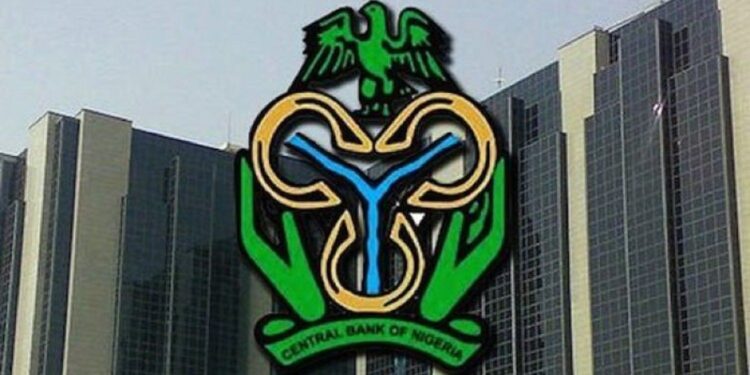The Central Bank of Nigeria (CBN) has sounded an alarm regarding a concerning trend in borrowing practices, cautioning Nigeria and other West African nations about the potential risks associated with their debt strategies.
Traditionally, countries have relied on loans from the Paris Club, a consortium of creditor nations. However, the CBN has noted a significant shift towards borrowing from non-Paris Club members and private lenders, including banks and investors purchasing government bonds.
Echoing this concern, the West African Institute for Financial and Economic Management (WAIFEM) has also raised alarm bells, highlighting Nigeria’s susceptibility to debt distress. Consequently, it has urged the Federal Government to explore avenues for enhancing revenue generation.
The warning came from the Governor of the CBN, Dr. Yemi Cardoso, during a session at the Joint World Bank/IMF/WAIFEM Regional Training on Medium-Term Debt Management Strategy held in Abuja. Dr. Mohammed Musa Tumala, representing Cardoso at the event, emphasized the gravity of the situation, stressing that the shift in borrowing patterns carries significant implications.
While the change in debt composition may appear subtle, Dr. Tumala underscored its critical nature, warning that it could jeopardize financial stability and impede economic recovery for many nations.
Dr. Tumala elaborated on the challenges posed by managing debt owed to non-Paris Club members and private lenders, emphasizing that conventional debt management approaches may not be as effective in this new landscape. He emphasized the need for proactive measures to navigate these evolving dynamics and mitigate potential risks.
“This shift in the debt structure represents a critical evolution in the global financial framework with profound ramifications for public debt management in our countries,” Dr. Tumala remarked, underlining the urgent need for strategic adaptations to safeguard financial stability and promote sustainable economic growth.
As Nigeria and its West African counterparts grapple with these emerging debt risks, policymakers are urged to implement prudent fiscal management practices and explore innovative solutions to enhance revenue streams, thereby reducing reliance on external borrowing and mitigating the threats posed by shifting debt dynamics.










